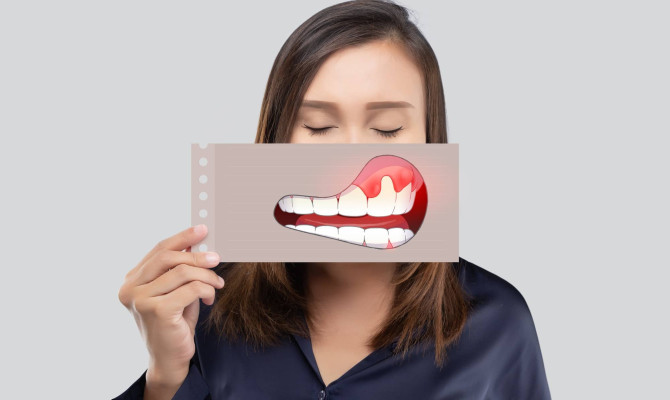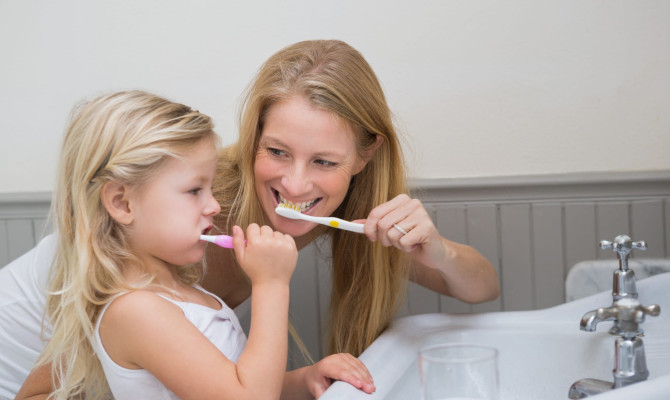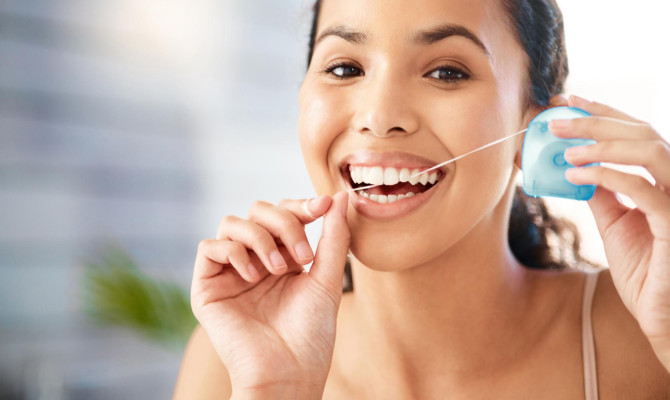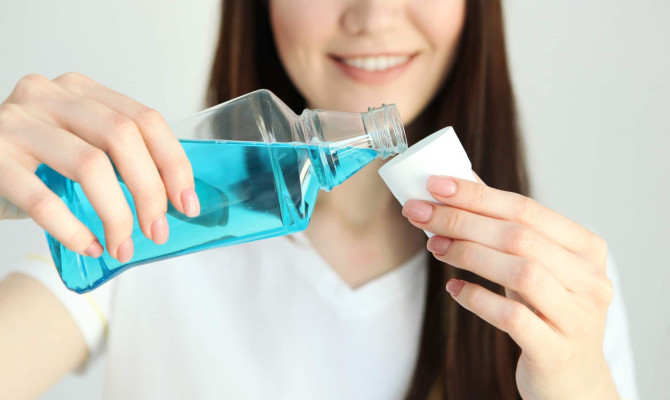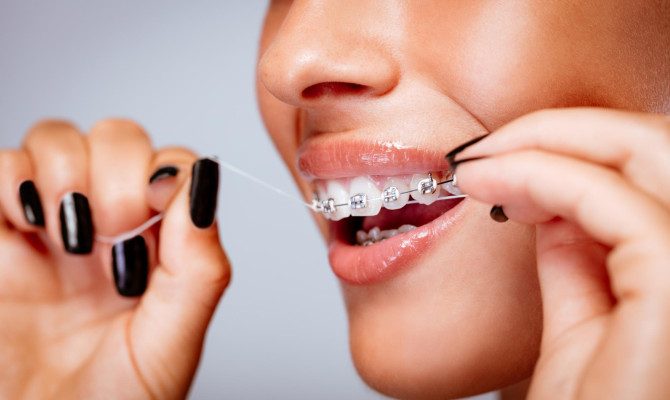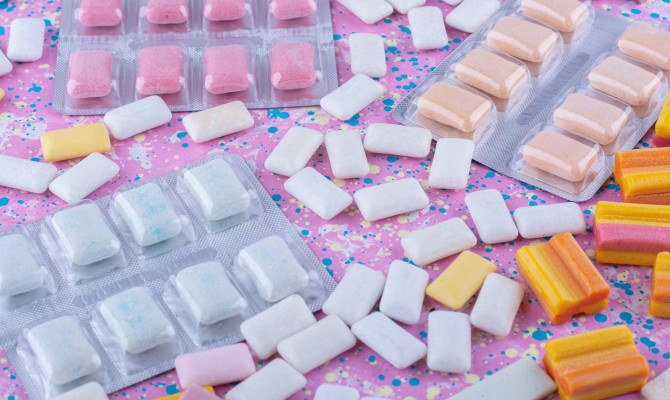Understanding Baby bottle syndrome: Symptoms, Causes, Treatment and Prevention

- Baby bottle syndrome
- 22 Aug 2023
Overview
What is Baby bottle syndrome?
Baby Bottle Syndrome or Baby tooth decay is a prevalent dental condition causing tooth cavities in infants and young children between one and two years old. Other names may include nursing bottle syndrome, bottle mouth caries, Nursing Bottle Caries, or milk bottle syndrome. This syndrome is typically caused by excessive and prolonged contact with sugary liquids such as milk, formula, or juice, particularly when ingested overnight from a bottle. Lower socioeconomic classes and undeveloped countries are where it is more prevalent.
The causes, signs, symptoms, diagnosis, prognosis, and treatments for Baby Bottle Syndrome will all be covered in this article.

Symptoms
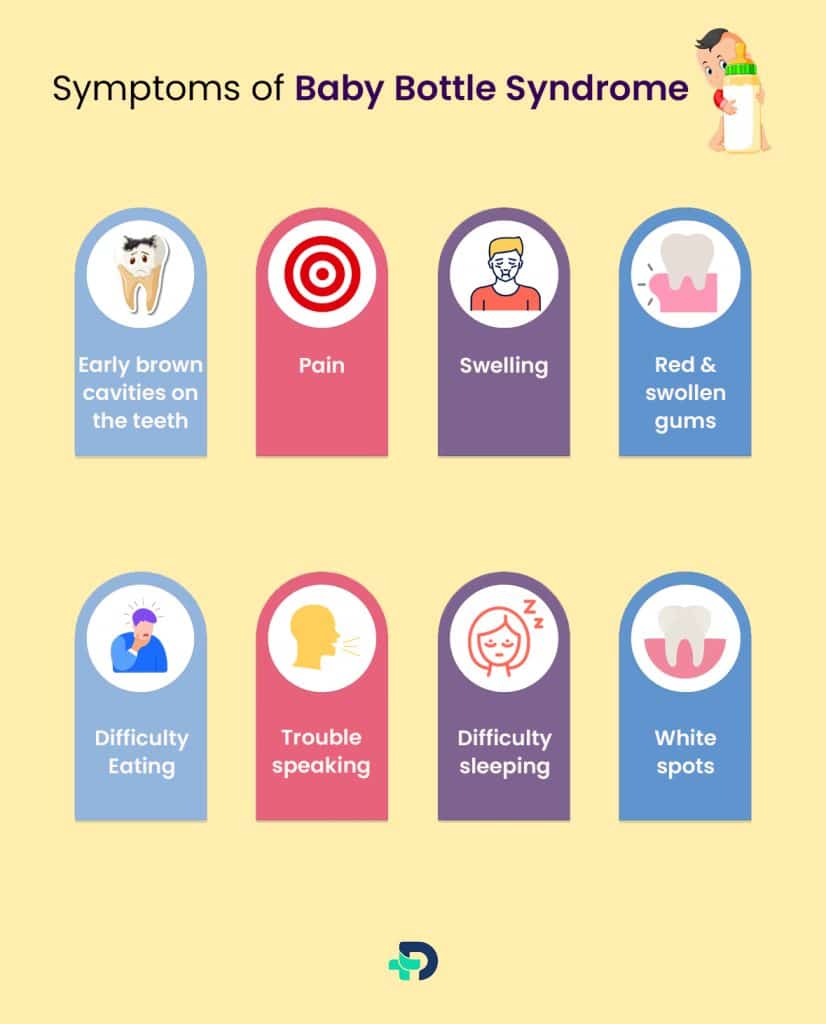
Symptoms of Baby Bottle Syndrome
The early signs and symptoms of Baby Bottle Syndrome may include:
- White spots or discoloration (Particularly on the upper front teeth.)
- Early brown cavities on the teeth 1Symptoms| Researched based study from Childrenshospital.org
As the condition progresses, the infant may experience:
- Black or brown band on the tooth surface near the gum line
- Brownish-black teeth that resemble stumps
- Pain
- Swelling
- Red and swollen gums
- Difficulty eating
- Trouble speaking
- Difficulty sleeping
Causes
Baby Bottle Syndrome Causes
Several factors, including the following can cause baby bottle syndrome:
- Bad oral hygiene habits
- Nursing a baby through the night
- Exposure to sugary drinks on a regular and extended basis 2Causes| Researched based study from Mouthhealthy.org
- Passing on contaminated saliva, food, and utensils can spread cavity-causing bacteria like Streptococcus mutans from the mother to the kid 3Causes| Researched based study from Nlm.nih.gov
- Any developmental flaws that could weaken the tooth’s structure are present
- Malnutrition or nutritional deficiencies 4Causes| Researched based study from Nlm.nih.gov
When an infant or young toddler drinks sugary beverage from a bottle for a more extended period, the teeth become prone to decay due to an extended interaction with sugar and subsequent acid generation by bacteria.
Risk
Is my baby at risk of getting Baby Bottle Syndrome ?
The following may increase your infant’s risk:
- If you breastfeed your infant while sleeping
- Allowing your kid to sleep with a bottle of milk, or juice
- If you dip the pacifier in sugar syrup or honey
- If you do not brush your child’s teeth after feedings and allow milk or sugar to build up around the teeth, tooth decay will result
Diagnosis
Baby Bottle Syndrome diagnosis
Diagnosing Baby Bottle Syndrome typically involves a thorough dental examination by a pediatric dentist or a dental professional.
The dentist will physically examine the child’s teeth for
- Any discoloration
- Cavities
- Completely healthy or minimally affected lower incisors.
X-rays may be recommended to assess
- The extent of the tooth damage.
- If the tooth’s inner pulp is affected.
- If any underlying teeth or structures are involved.
Blood tests
- Complete blood count (CBC)3Diagnosis| Researched based study from Nlm.nih.gov
Early diagnosis is crucial to prevent further deterioration of the teeth and the associated complications.
Treatment
Baby Bottle Syndrome Treatment
The extent of the lesions, the age of the child, his or her developmental stage, and the parents’ level of cooperation all play a role in how Baby Bottle Syndrome is treated.
Regardless of these aspects, locating and getting rid of the problematic practice is the first step in treating kids with nursing caries.5Treatment| Researched based study from Aapd.org
In mild situations, the dentist might suggest
- Improved oral hygiene practices include gentle brushing with fluoride toothpaste and adequately cleaning the gums after feeding.
- Dietary changes include the avoidance of sugary drinks and encouraging the consumption of water instead.
- Fluoride treatments or sealants help strengthen the teeth and protect against further decay.
- Chlorhexidine or fluoride varnish can also be applied to protect the tooth surface.
In more advanced cases, where cavities or infections have developed, the dentist may need to perform:
- Dental fillings
- Pulp therapy 3Treatment| Researched based study from Nlm.nih.gov
- Crowns
- Remove the affected tooth/teeth
These procedures aim to remove decayed tissue, alleviate pain, and restore oral health and may require deep sedation or general anesthesia in infants and young children.
Prevention
Prevention
Preventing Baby Bottle Syndrome is essential for maintaining optimal oral health in infants and young children.
Here are some measures that parents and caregivers should follow to prevent their infants develop tooth cavities:
- Avoid prolonged and excessive bottle-feeding – Discourage prolonged bottle-feeding or breastfeeding, especially at bedtime or naptime.6Prevention| Researched based study from Healthychildren.org
- Clean the baby’s mouth after feeding – with a soft cloth or an infant toothbrush even before the appearance of teeth.
- Use fluoride toothpaste – Once the teeth appear, carefully brush them with a tiny toothbrush that is soft bristled and a pea-sized dollop of fluoride toothpaste. After brushing, do not rinse to prevent the fluoride from being removed.7Prevention| Researched based study from Nationwidechildrens.org
- Limit sugary drinks – Avoid filling bottles with sugary liquids such as juice, soda, or sweetened water. Instead, offer plain water or milk during meals, gradually transitioning to a cup as the child grows.
- Handle pacifiers and baby spoons or bottles with care – to avoid spread of cavity-causing from the caregiver to the baby. One must not put the baby’s pacifier to their mouth or taste the baby’s food with the same spoon before feeding them.
- Encourage balanced, fruit- and vegetable-rich diets – that are also high in whole grains and dairy products to promote good eating habits. Limit their consumption of sweet beverages and snacks.
- Regular dental check-ups – Make regular appointments to a pediatric dentist beginning with the sprouting of the first tooth or by the child’s first birthday. Early dental examinations enable the early identification and treatment of dental problems, such as Baby Bottle Syndrome.8Prevention| Researched based study from Standfordchildrens.org
Complications
Complications
Baby Bottle Syndrome, if left untreated, can result in several issues. The most frequent problem are:
- Loss of teeth impairs speech development
- A poor chewing capacity
Additionally, the inflammation and infection brought on by extensive decay might affect nearby tissues, which can result in:
- Gum illness
- Abscesses
- Possible infections throughout the body
Early tooth loss may also lead to the following:
- Improper permanent tooth development and alignment
- Children may develop psychological problems due to their teeth varied look
- Malnutrition 3Complications| Researched based study from Nlm.nih.gov
- Anemia
Prognosis
Prognosis of Baby Bottle Syndrome
Baby Bottle Syndrome’s prognosis mostly depend on how early it is identified and managed. The condition can be effectively managed with early detection and intervention, and its progression can be halted. However, in cases where the condition has advanced significantly and caused extensive tooth decay or infection, the prognosis may involve more extensive treatment, including dental restorations or extractions. In such cases, following the dentist’s recommendations is crucial to restore oral health and prevent further complications.
Any feedback on this article?
 This Articles content was accurate
This Articles content was accurate Very Informative Article
Very Informative Article I have a question or a comment
I have a question or a comment
 This article contains inaccurate content
This article contains inaccurate content This article was not helpful
This article was not helpful I have a question or a comment
I have a question or a comment
We appreciate your helpful feedback!
Checkout our social pages
References
-
Boston Children’s Hospital
Nursing Bottle Caries | Symptoms
-
American Dental Association
Tooth Decay with Baby Bottles | Causes
-
National Library of Medicine
Early Childhood Caries | Causes
-
National Library of Medicine
Chronic malnutrition and oral health status in children aged 1 to 5 years | Causes
-
American Academy of Pediatric Dentistry
Nursing caries: a comprehensive review | Treatment
-
American Academy of Pediatrics
Why It’s Important to Take Care of Baby Teeth | Prevention
-
Nationwide Children’s Hospital
Dental: Cavities in Baby Teeth | Prevention
-
STANFORD MEDICINE CHILDREN'S HEALTH
Nursing Caries (Nursing Bottle Caries) | Prevention












